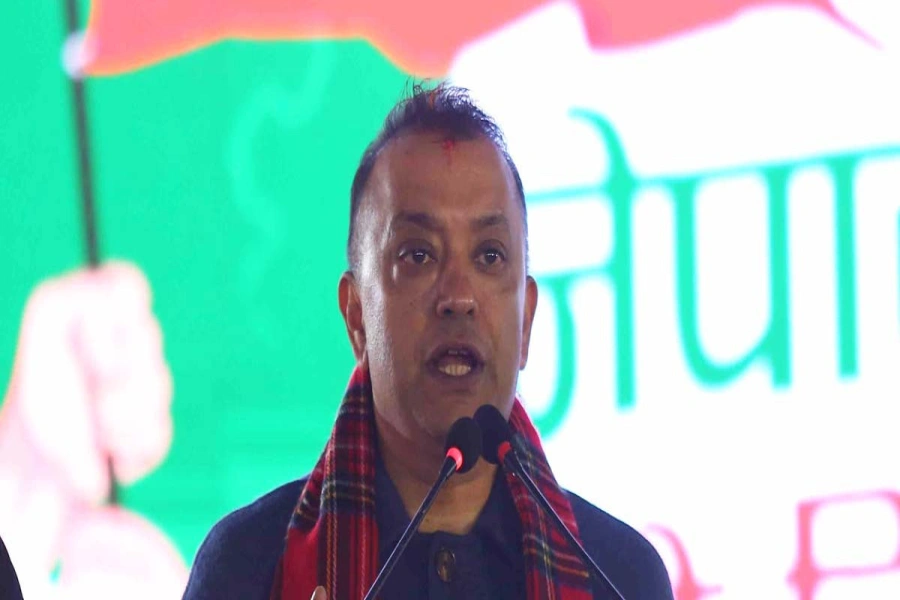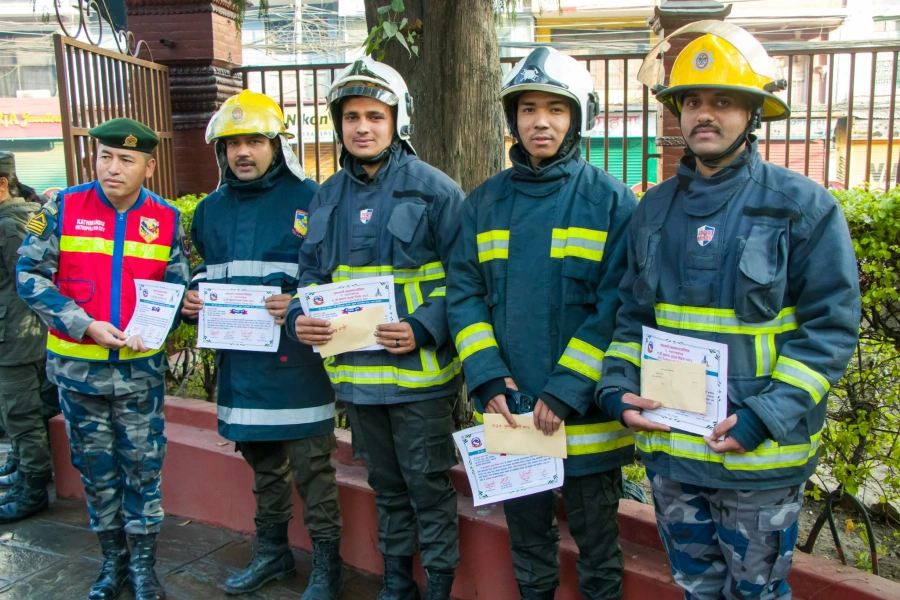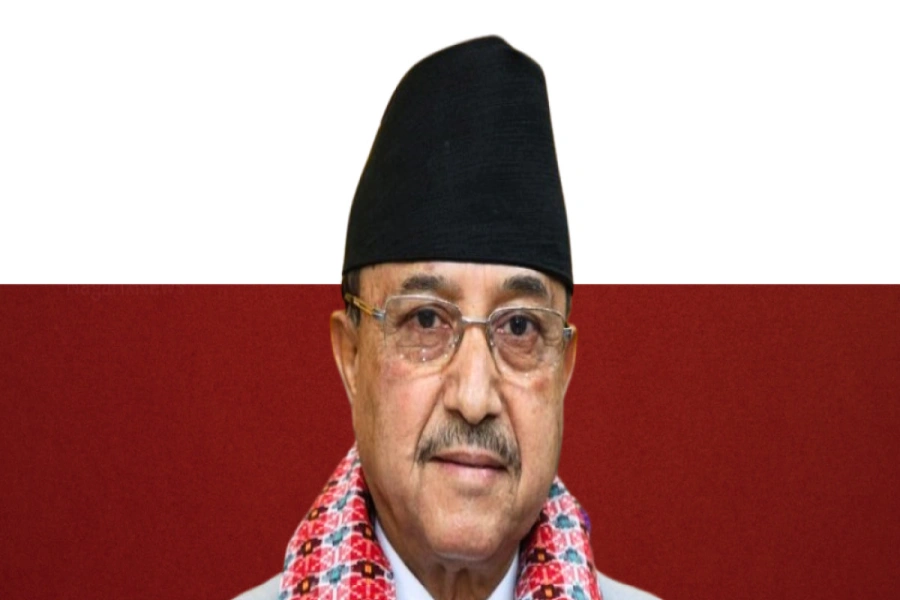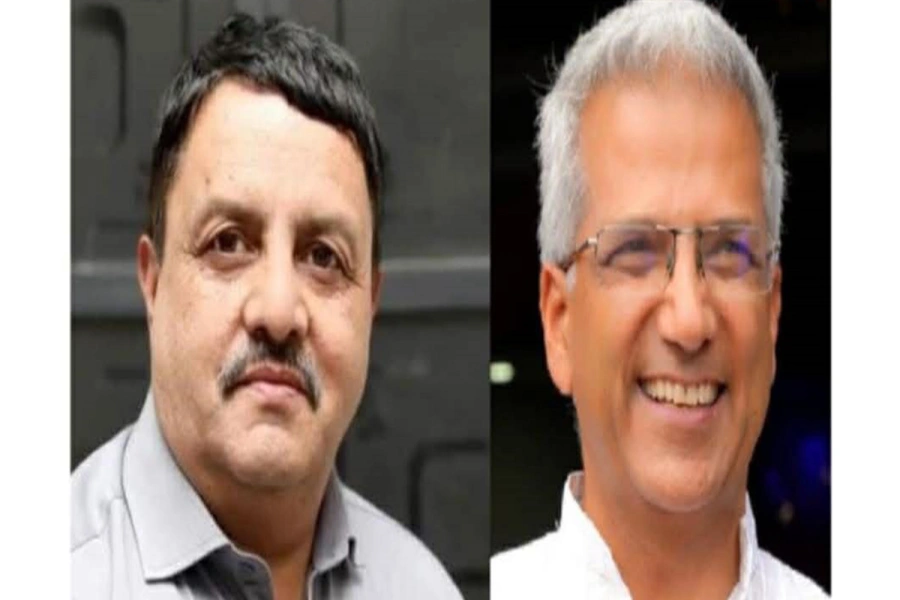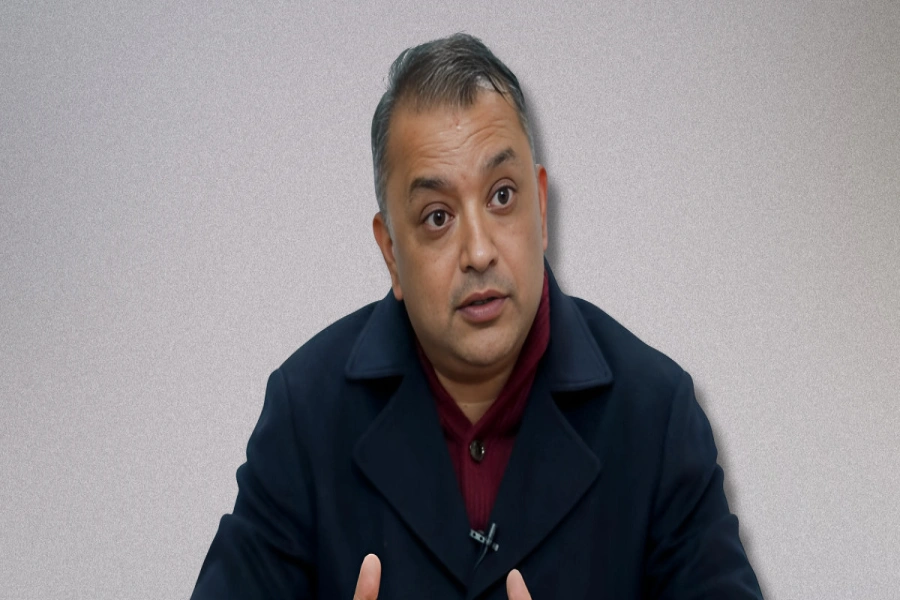SURKHET, Oct 19: The tunnel-digging process of the Bheri-Babai Diversion project is scheduled to start in the current fiscal year.
The multi-purpose project will generate electricity and provide water for irrigating of farm lands in the western region.
Construction work had been delayed due to the lack of a tunnel boring machine (TBM).
Some parts of the TBM will be brought from the US while others will come from China.
Shiva Kumar Basnet, the project director, and his team are travelling to the US on Thursday to bring the machine.
According to Basnet, a company called Robbins is manufacturing the machine in the US and the equipment will reach the project site by September 2017.
Locals threatento obstruct Bheri-Babai works

Basnet say some initial work, like the construction of an access road, has been already started and if the machine arrives on stipulated time, the tunnel’s construction work will start by October 2017.
“The modern TBM will dig the 12.2-km tunnel, 4.2 meters in diameter, from Haatikhal to Chiple of Surkhet. Some 150 meters will be dug by drillers and explosives will be used to create a space where the machine can start working on the tunnel, project engineer Dor Prasad Upadhyaya told Republica. “The machine requires around 4 MW of electricity a day to dig the tunnel,” Upadhyaya says.
He says the project will be completed in five years, if the workers can maintain their planned target of digging 15 meters every day. According to him the construction time may increase as the area near Tolikhala is geographically weak.
China Overseas Engineering Group Co Ltd (COVEC) bagged the contract to construct the project within four years and 10 months.
Though the contract with COVEC was opposed by some who had said COVEC was a ‘C-class company’ in China and didn’t have the experience to use a TBM, the government later awarded it the contract as its bid was for a less amount.
The project will provide irrigation to 51,000 hectors of land in Banke and Bardiya. The project will also generate 48 MW of electricity. The tunnel itself will cost Rs 10.56 billion.
The contract for the construction of a powerhouse and headwork will be given to a different company, according to Upadhyaya, the project engineer.
After the completion of the project, it will help the government make Rs 2 billion from hydroelectricity and Rs 2.5 billion from agricultural produce. Western districts like Surkhet, Banke and Bardiya will also benefit from the project.
The project will also build the Bheri-Babai diversion village, which includes 62 residential homes at Hattikhal of Surkhet. Upadhyaya says all the homes will have the same design.
According to him, rain water harvesting has also been started in the area to improve the agriculture production. “The project will also help in drop-water irrigation project,” he says, adding that pipes had already been laid in eight VDCs of Surkhet and Bardiya.” A study showed that Dahachaur, Gumi, Lakefarsa, Mehalkuna, Maintada, Chinchu, Ramghat of Surkhet and Belawa of Bardiya will directly benefit from the project.
Likewise, the Bheri corridor project has also been started to provide irrigation to 26 VDCs of Surkhet and Salyan.
Solar lift and electrical lift programs have also been started to provide irrigation to those areas.
Upadhyaya says the project aimed to increase the living standards of the people by developing modern agricultural technology near the Bheri River and to also develop the area.





